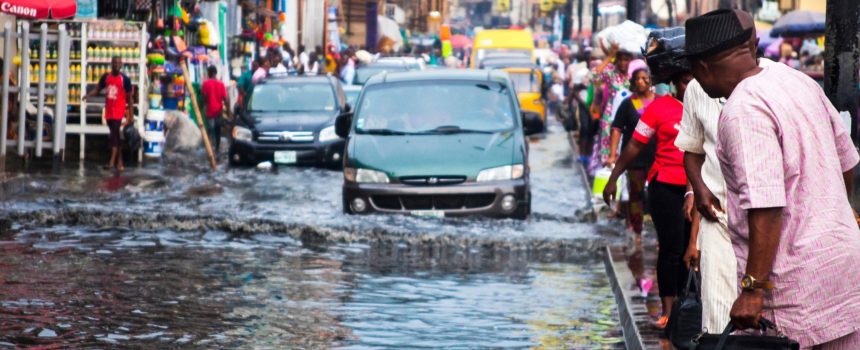With the increasing frequency of extreme weather events severely impacting African economies and societies, the World Meteorological Organisation (WMO) has called for urgent investment in hydro-meteorological infrastructure and early warning systems.
This was highlighted in WMO’s latest report, “State of the Climate in Africa 2023,” released during the 12th Climate Change for Development in Africa (CCDA) Conference.
The report, co-authored by the WMO, African Union Commission, UN Economic Commission for Africa, and the African Ministerial Conference for Meteorology, estimates that climate adaptation in Sub-Saharan Africa will require $30 to $50 billion annually, equating to about 2-3% of the region’s Gross Domestic Product (GDP) over the next decade.

The WMO emphasized the need for systematic investment in climate information systems and early warning components. It also urged African countries to explore innovative financing mechanisms, prioritize adaptation, and embrace initiatives to build resilience against climate change. Enhancing National Meteorological and Hydrological Services (NMHSs) is essential, the report added, to strengthen data collection and improve forecasting capabilities for early warnings of extreme weather events.
READ ALSO: Climate Action Africa Warns of Flooding Risk in Lagos, Calls for Climate Finance
Climate-related hazards such as droughts, floods, and heatwaves are exacerbating food insecurity, water scarcity, and displacing populations. The report revealed that African countries lose 2-5% of their GDP annually due to extreme weather, with some diverting up to 9% of their budgets to respond to these unplanned events.
The report also noted that 2023 was one of the warmest years on record for Africa, with the mean near-surface air temperature 0.61°C above the 1991-2020 average and 1.28°C above the 1961-1990 baseline. African sub-regions, particularly North Africa, are experiencing significant temperature increases, further worsening the continent’s vulnerability to climate change.
READ ALSO: SGF Akume: Climate Change Hindering President Tinubu’s Agenda to Lift Nigerians Out of Poverty
WMO Secretary General, Prof. Celeste Saulo, observed that 2023 brought heatwaves, heavy rains, floods, and droughts, severely affecting communities across Africa. These extreme weather events have not only taken a human toll but also caused significant economic losses, underlining the urgent need for climate resilience investments to safeguard Africa’s future.



